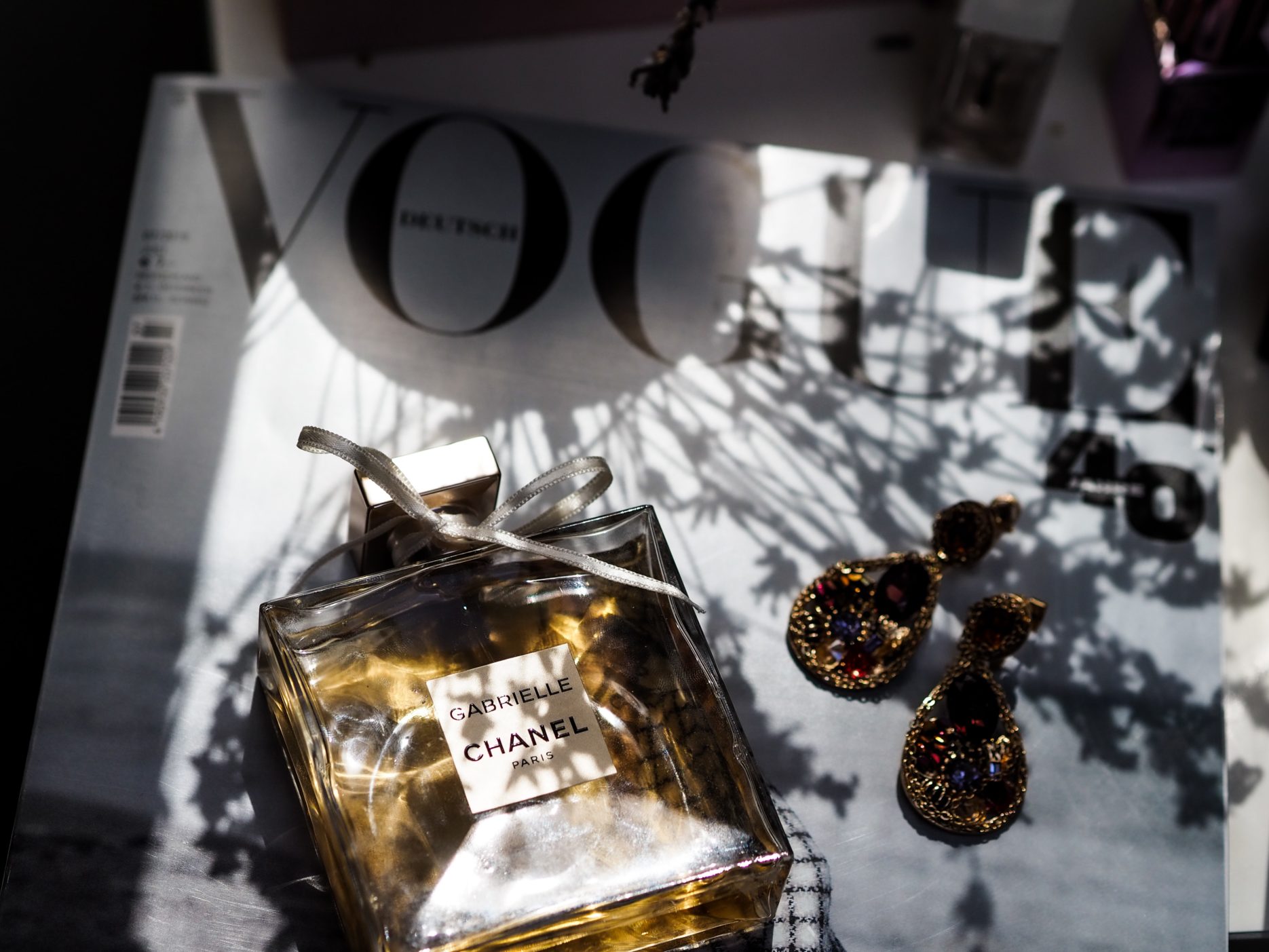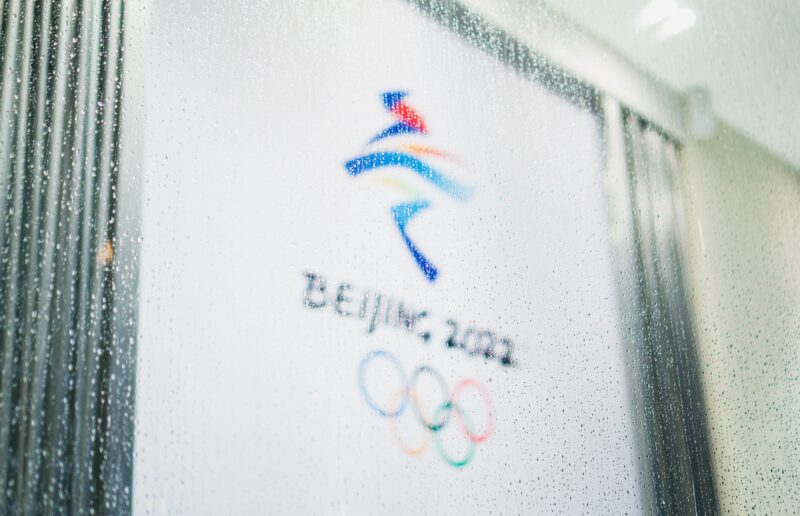Chinese Gen Z is emerging as a specific consumer segment that brands worldwide are keen to learn more about. In particular, those of the luxury industry, given that China has shared more than a third (32%) of the global market of luxury goods in 2020 and is projected to surpass the United States to become the world’s largest market for those products in the coming five years, as according to Euromonitor International.
The whopping consumption figure and growth of luxury in China are thanks to the country’s new generation of consumers – Gen Z and Millennials.
The whopping consumption figure and growth of luxury in China are thanks to the country’s new generation of consumers – Gen Z and Millennials. They are brand conscious, hungry for uniqueness, and rich in personal wealth, ticking all boxes that luxury brands set to offer. To win over these pivotal players in extravagant purchasing, is, therefore, the first step for global luxury labels to succeed in the Chinese market.
So, what matters to China’s Gen Z luxury consumers? To get the consumer insights, the team at Dao has spoken to a group of Chinese savvy luxury shoppers in London, who are also regular visitors to Oxford Street which homes some of the world’s luxury conglomerates.
The short answer to the question is designs and quality are the most important two factors that these young buyers associate luxury products with. Unlike their predecessors, this shrewd generation of consumers is more likely to spend more time on pre-purchase research. While brands’ official websites and Google searches are answers for interviewees who are Millennials. Social media, namely Xiaohongshu, a Chinese lifestyle-sharing platform, is the go-to for those of the Gen Z cohort to know more about a product.
While online influencers are heavily employed on social media platforms, it is still attributes of products themselves that are determinant of their purchases.
While online influencers are heavily employed on social media platforms like Xiaohongshu, it is still attributes of products themselves that are determinant of their purchases, as according to the interviewed. In addition, price, understandably, seems to be less of relevance as they have understood the nature of extravagant buying, with most of them willing to go over even if they had a budget if an item turns out to be really satisfying. This is significant for brands, highlighting the ability to earn additional revenue within this demographic, with Chinese young luxury buyers willing to pay more for products that match their needs.
On the other hand, it is interesting that although some have shown their tendency to support brands who are making environment-friendly efforts, sustainability is not the top of the minds of some of these young luxury buyers. This leaves a space for pondering as to how the luxury industry could contribute more to the cause of the environment, which has been attracting increasing global attention and could further increase a brand’s image.
In terms of brand preference, those surveyed have generally shown an open attitude towards all options, provided brands’ offers fulfill their expectations, and of course, they are not from scandalous names. This attitude indicates the opportunities for luxury brands to appeal to these young consumers with their own niche. While in the meantime, it also highlighted the importance of maintaining a stainless reputation for brands who want to leverage these lucrative demographics.
Read more:









